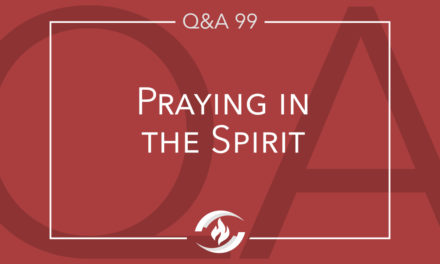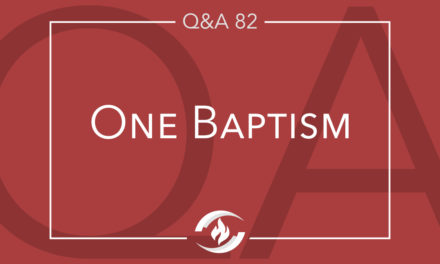Q.
Our family has been studying through 1 John together and have come to verse 16 of chapter 5 and are puzzling over what could possibly be a sin unto death. We first questioned what is meant by “death” – is it eternal death (separation from God) or physical death? Our first conclusion was that it referred to the sin of not believing in Jesus Christ as the only way to be saved, resulting in eternal death. We see now that the context of 1 John does not allow that, as he is addressing this to “brothers” (not to mention one of the driving themes of 1 John 5 being the believer’s assurance of salvation). I recognize that certain sins in the life of a believer bring about the discipline of our Heavenly Father (Heb. 12:5-6ff.), and that some sins bring about discipline to the point of physical death (1 Cor. 11:30-32). My question then is, what specifically is a “sin unto death”? Since we are told to pray for sins that are not unto death, and not to pray for sins that are unto death, it would seem to follow that we ought to know what that is.
Thanks!
Bruce
A.
Hello Bruce,
Thanks for your thought-provoking question. You are correct that the passage addresses believers and the wording suggests we ought to be able to discern between the sin unto death and other sins. But yet, the interpretation seems difficult to be dogmatic about—and a brief survey of commentaries will confirm this reality.
Perhaps as an unbeliever resists the Holy Spirit once too often so that the Spirit no longer strives with that individual (which I believe is the unpardonable sin), so likewise it may be that a believer can so set himself against the Holy Spirit that the Spirit must deal fatally with that person. It follows that when this is the case, it would be evident to discerning believers. A New Testament example is when Ananias and Sapphira lied to the Holy Spirit.
John
We’d love to hear your thoughts on this subject in the comments section below! If you have a question on another subject, we welcome you to make a submission by clicking here:










